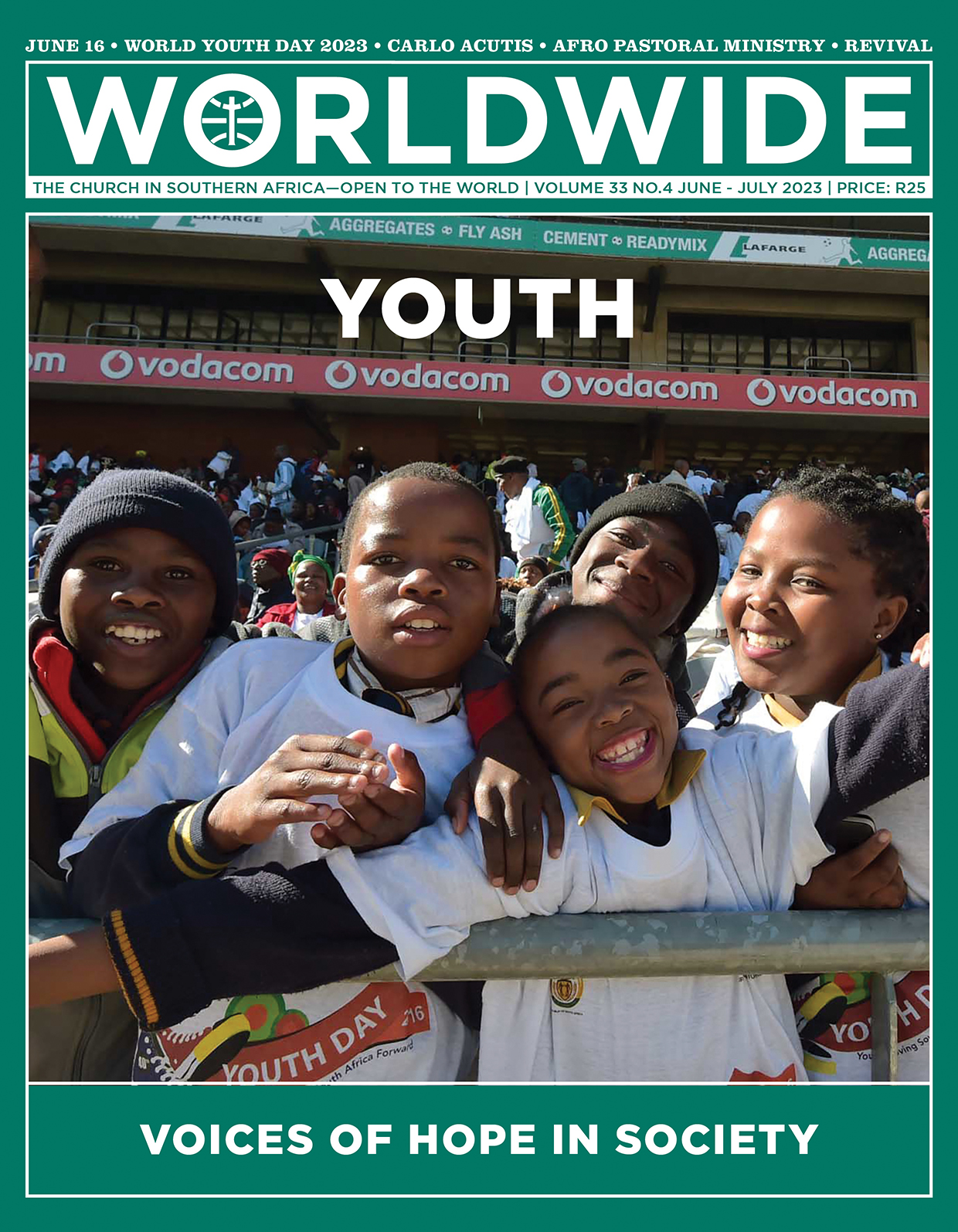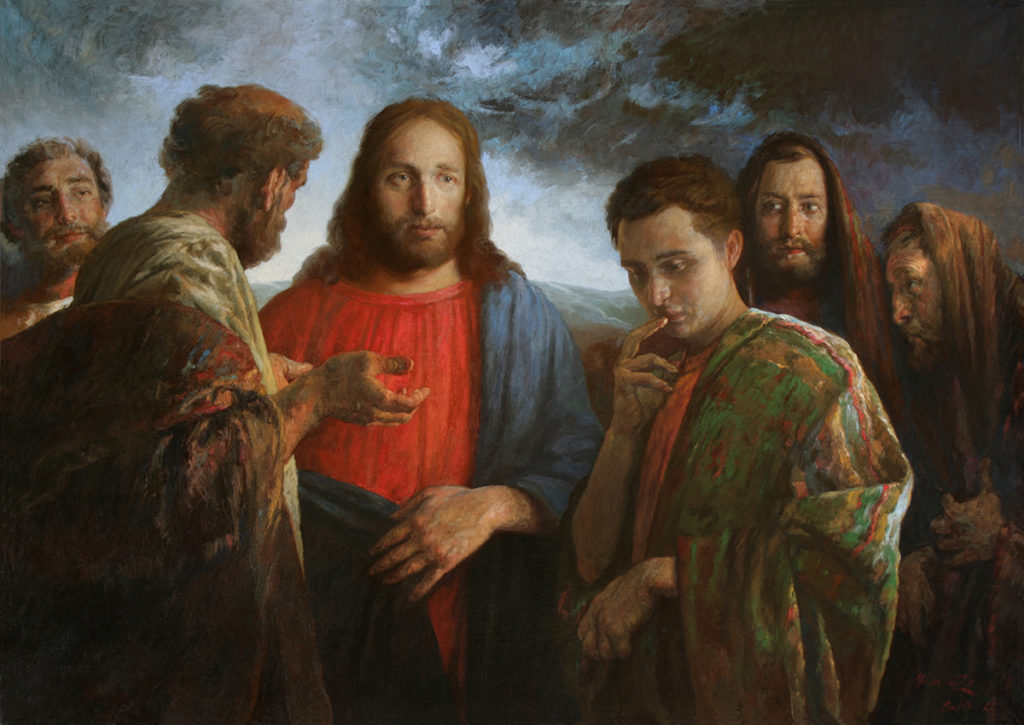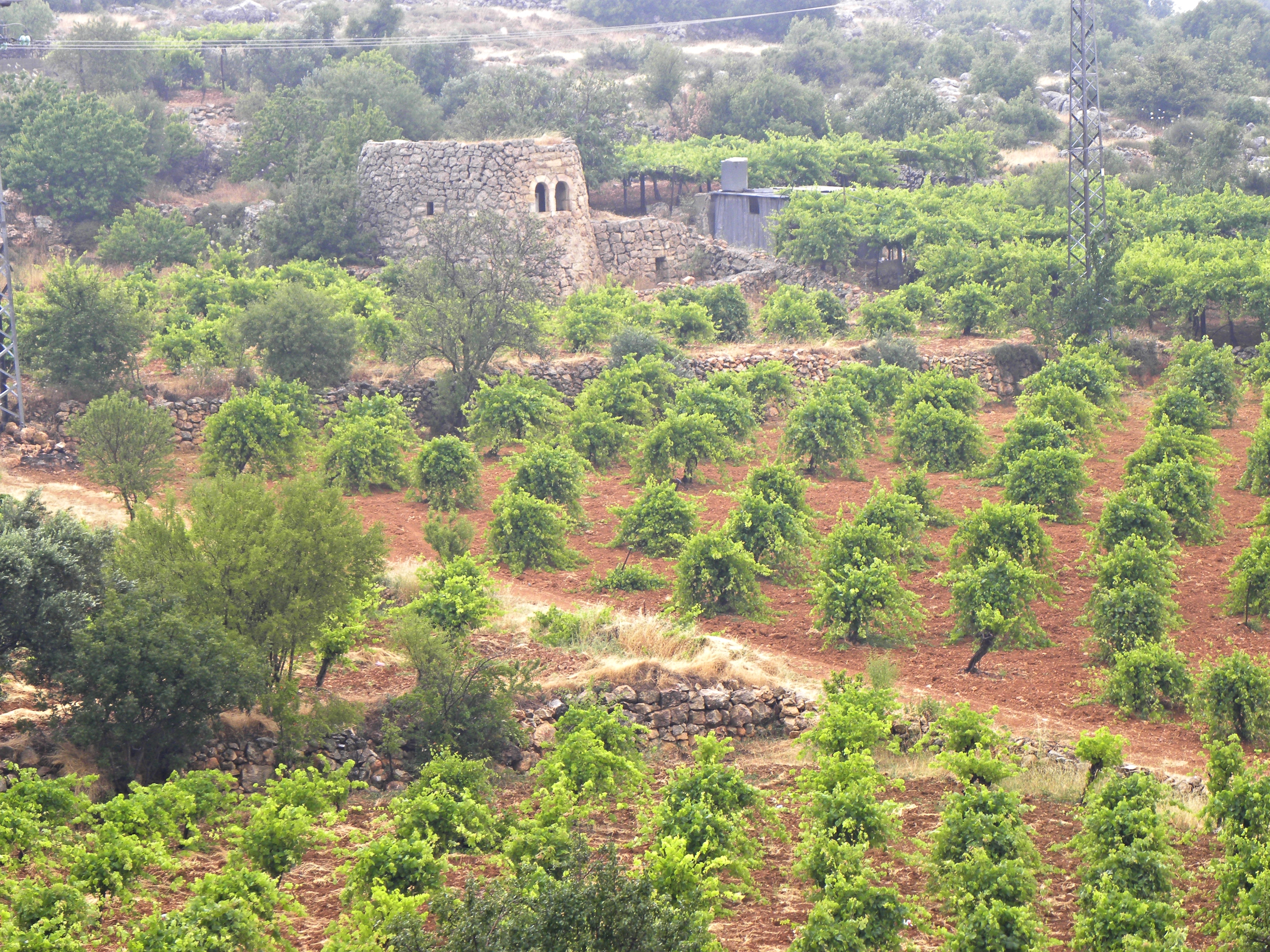
YOUTH: VOICES OF HOPE IN SOCIETY
The front cover image shows youngsters commemorating Youth Day at Orlando Stadium in Soweto, the same location where an uprising against the use of Afrikaans as a vehicular language of education took place in 1976.
Some might see June 16 only as a public holiday, nevertheless, gratitude goes to those who strived on behalf of the youth for an inclusive and better education. Many youths today still face great challenges and need strong support in order to receive an integral formation which prepares them for a bright future.
THE LAST WORD

Jesus and the rich young man (Mt 19:16-30)
BY Fr Silvano Fausti SJ | Biblist and writer
WHAT JESUS says to the rich young man in this text is not ‘evangelical advice’ for someone who wants to be a better person: it is the perfection that the Gospel of freedom offers to us all. A perfect, mature and complete person lives with everything as a gift received and given by God. With that attitude, he becomes a son or daughter and fulfils the command of loving others with the same love with which Jesus loved him/her.
God gives us different gifts: “Each one has his or her own gift from God” (1 Cor 7:7). Every gift is for the common good (1 Cor 12:7), a manifestation of a love which will never wane. Not all will live as Mother Teresa of Calcutta; but none of us can neglect to live, as we can, that love for the least that she so admirably witnessed.
For all, the way of life passes through poverty, humility and service. Possessions and wealth, pride and domination are the weapons with which the enemy keeps us in bondage. What refers to material goods, refers also to every other good: intellectual, moral and spiritual; they are all gifts received as children to be shared with others, for the common good.
The passage is divided into three parts: the need to be free from possessions in order to be a fulfilled person (vv. 16-22); wealth, real or desired, is not a help, but an impediment to entering the kingdom (vv. 23-26); the disciple is given this freedom in the present which opens up to his or her future (vv. 27-29). This is why many of the first will be last and vice versa (v. 30).
Jesus is the poor, the last and servant of all, because He is the Son (Phil 2:6-11). The Church follows Him, as the salt of the earth and light of the world (Mt 5.13ff); she receives her graces from Whom being rich became poor to enrich us with His poverty (2 Cor 8.9).
In verse 21: “if you want to be perfect”. ‘Perfect’ means ‘accomplished’. An unfinished action is ‘failed or imperfect’. The perfection of which Matthew speaks of is thus the necessary step to be truly a child of God (cf. Mt 5:48).
“Go, sell what you have and give it to the poor”. Goods, until they are shared with brothers and sisters distance us from the Father and the Son. We must remove what distances us from the God of life.
“You will have treasure in heaven”. Only then one has his/her heart where the treasure is.
“Then come, and follow me! “Whoever makes himself a brother or a sister, comes to the Son and follows His way. Giving to the brethren and following the Lord is the fulfilment of the command of love to God and neighbour.
In verse 22: “The young man went away sad; for he had many possessions”. His goods are still his possessions. He does not have them as blessings: he is cursed with them. He is not yet free: he is a slave to Mammon.

